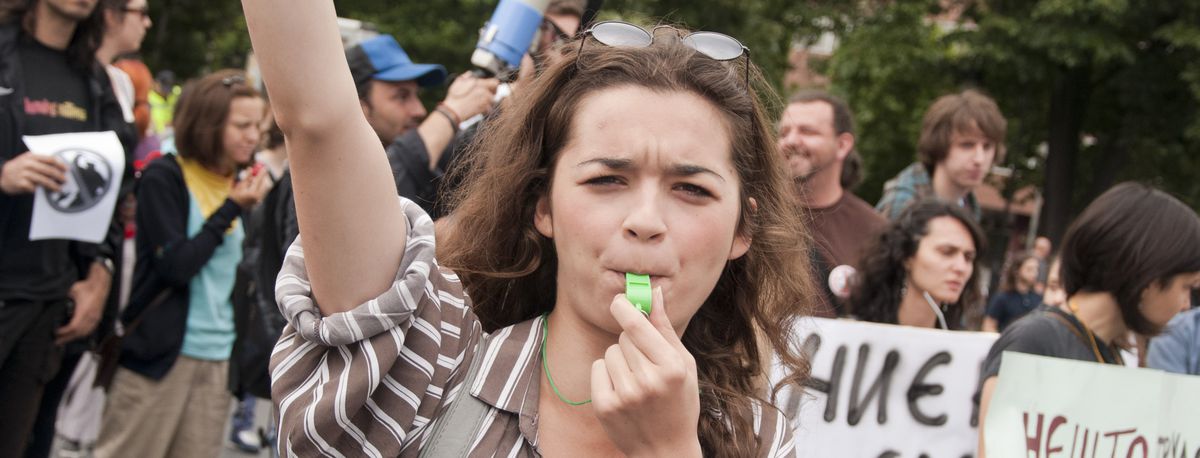
Macedonian elections: First revolution, now reform
Published on
This weekend, after months of false starts, Macedonia finally goes to the polls. We examine the situation in the former Yugoslavian republic, and why these parliamentary elections are just as important as any that have taken place in Western Europe in 2016.
Earlier this year, Macedonia’s political parties agreed to hold early parliamentary elections on 11 December, in an attempt to resolve the political turmoil that has been ongoing since February of 2015. In spite of several attempts to set the elections earlier this year, the date was rescheduled multiple times. The primary reasons for rescheduling the elections were irregularities in the voters’ registry, and coverage of opposition parties in the national media that was imbalanced at best. An interim government was installed in 2015 to deal with these issues, and organise fair and democratic elections.
What followed the political crisis was a wiretapping scandal, in which the conversations of ten thousands of people (including politicians, journalists and NGO workers) were monitored. The tapes exposed shocking evidence that several top members of government and their associates were involved in serious illegal schemes, including rigged general and presidential elections in 2014, manipulating the justice system, intimidating and controlling the media, and covering up the murder of a young man by a police officer.
The scandal brought about a huge citizens’ movement (internationally known as the ‘Colorful Revolution’) against the Macedonian establishment and the decade-long corruption, nepotism, increasing poverty and human rights issues it created. It is this revolution that is responsible for streamlining the elections, and bringing forward an agenda that focuses on change and prioritises the important issues at stake.
Why are these elections so important for Macedonia?
As one of the many Eastern European countries still struggling to deal with the downside of a transition since the breakup of Yugoslavia in the 90’s, Macedonia is looking for an opportunity to deal with its biggest challenge: the decade-long reign of the ethnic coalition of VMRO DPMNE (the Macedonian block) and DUI (the Albanian block). These parties, led respectively by Nikola Gruevski and Ali Ahmeti, possess opposing political ideology: conservative and eurosceptic versus liberal and pro-European. For the most part their coalition has only been successful in negotiating deals of small-scale mutual interest, but not in solving inter-ethnic conflicts or propelling Macedonia’s integration into Europe.
Their governing has been marked by accusations of election rigging, alienation from the EU and NATO, fueling ethnic conflicts, decreasing freedom, skyrocketing social inequality and massive emigration out of the country. In international discourse, the populist VMRO DPMNE deepened feelings of Euro-skepticism and xenophobia in public opinion, proposing a shift towards Russia and the East. Looking at the current political landscape across Europe, populist rhetoric is becoming contagious, and the current Macedonian establishment is apparently in favour of populism as well.
This triggered the need for a wider opposition front led by left-wings Social Democrats, where several coalitions are now intending to receive the majority of votes, from both the Macedonian and Albanian electorate. The ethnic Albanian vote is seen as quite significant in determining the next government, as ethnic Albanians count for a quarter of Macedonia’s population, potentially making them a key decision maker if the result is tight.
Given that public opinion and offline surveys are usually controlled and manipulated by the government-influenced elite, it is still hard to guess the outcome of the elections.
Macedonia is in need of an election that will reflect the voices of its population. The upcoming election draws its importance from the bottom-up, in an almost grassroots fashion. The country demonstrated their capability for revolution, but now it’s time for reform… there can’t be one without the other.



